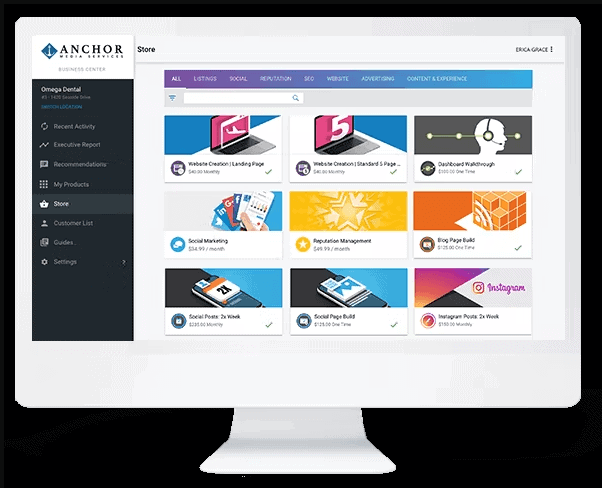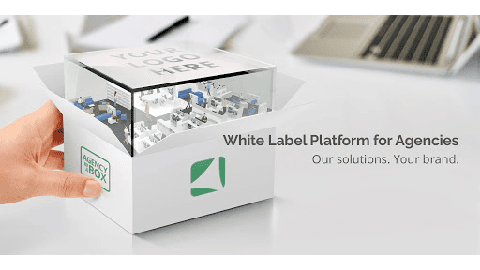
Tips to help you get your business valuation right
- Sellers' guide
- May 10
- Share post

Understanding how much a business worth so to know if anything can be done to improve the value of the business is no doubt important to the business owners. Getting this right is not always as easy as ABC.. which is why I have prepared these tips to help you get your business valuation right.
Why business valuation?
There can be many number of reasons for wanting to know the value of a company or business. Below are the most common reasons business owners wanting to value their business.
- To ascertain the business worth for sale
- For merger and/or acquisition
- To raise equity capital when offering new shares to the public
- Inheritance, wills, divorce and settlement
- Capital budgeting and financial reports
- Investment analysis and forecasting
- Exiting a partnership
- Litigation and many more
Whichever way you look at it, the fact remains that such situations don’t arise very often, especially for small businesses. Which is why you need to get your business valuation right to avoid falling into traps associated with it.
As a matter of fact, there is lots of information about business valuation on the internet, but one major thing you must know about all these materials is that the processes and methods used to determine each of these businesses worth vary from one situation to another.
Finding a business valuation expert
 A business valuation is a complex financial analysis that should be done by a qualified valuation professional with the credible credentials and experiences. In certain countries, business valuation is an independent career option. Some countries have separate laws and regulations on business valuation and who can practice it. Taking the USA as an example, which has a couple professional bodies that regulate business valuation services. While it is easy to find experts in the valuation of property, livestock and other assets, it is highly challenging to find a good business valuer. This is because the worth of a business can’t be calculated merely on the value of its owned assets rather, it must incorporate both the tangible and intangible assets of the business in question.
A business valuation is a complex financial analysis that should be done by a qualified valuation professional with the credible credentials and experiences. In certain countries, business valuation is an independent career option. Some countries have separate laws and regulations on business valuation and who can practice it. Taking the USA as an example, which has a couple professional bodies that regulate business valuation services. While it is easy to find experts in the valuation of property, livestock and other assets, it is highly challenging to find a good business valuer. This is because the worth of a business can’t be calculated merely on the value of its owned assets rather, it must incorporate both the tangible and intangible assets of the business in question.
Business valuation professionals in UK
Business valuation or business appraisal refers to the complete economic analysis of your business that determines your business’ worth. While you may always turn to your accountant for any financial advice, an accountant can’t justify the job role of a business valuer. The Royal Institution of Chartered Surveyors (RICS) now offers a program to qualify for the valuation of businesses and intangible assets of any brand. It also offers a post graduate certificate in Business Valuation Techniques for its members.
Some valuable tips to guide you in finding professional to value your business.
Avoid using free online valuation tools: Online business valuation tools may seem impressive, but they have their own limitations. Many of these tools and valuation websites are incompetent (especially the ones, which hide their professional details). Besides, most of these tools are merely leads generation tactics for the brokers rather than providing any meaningful valuation of your business.
Don’t trust brokers: While getting an estimate of your property’s worth from a broker is a good idea, doing the same for your business need extra caution. Talking about two businesses from the same industry is very different from that about two houses in the same locality. Every industry has its own nuances and unique points. A broker’s estimate thus, can’t be a substitute to the valuation by recognised professional.
Too good to be true: If a valuer tries to impress you with just too good figures in your favour, you shouldn’t trust him/her blindly. There should be a clear explanation of your business’ worth.
Ask questions: It is your right to ask question wherever you feel unease. Ask them if they have any prior experience in valuing a business like yours. A good business valuer would provide you the details and would be open about how much he/she knows about your kind of businesses and your industry.
Intangible asset. The intangible assets of the world biggest brands are made of 60% of the entire business values while the tangible assets are just 40%. So, remember that as far as business valuation is concerned, everything counts. This includes the value of all intellectual properties of your business, such as your brand value and any patents in the name of your business.
Reputation: You should prefer taking services from a business valuer, who has professional body accreditation. Having a professional body’s name attached to the valuer ensures that he/she is duly certified and qualified to discharge the duties in accordance to the stipulated standards and lay down procedures acceptable in the sector.
Valuation standards: Along with enquiring about the valuer’s profile and membership details with recognised professional bodies, you should also ask for the valuation standards that will be used to value your business. For example, RICS needs its members to follow the International Valuation Standards to ensure that all professional standards are met.
Conclusion…
If you are interested in getting your business value, look for a qualified business valuation expert. Not doing so may result in falling into traps during business valuations that may result in financial losses or under-priced its business for sale.
By Michael Oke | 24/06/2018
Categories
- Advertising and Marketing
- Business
- Business Products & Services
- Buyers' guide
- Employment
- Finance
- Franchising
- Health & Fitness
- Health Care & Medical
- International
- Internet Services
- Investment
- Professional
- Real Estate
- Sellers' guide
- Software
- Technology
- Tips and Advice
- Top Pick
- Web Resources
- White label guide
Looking for business opportunity to start your own business? Check these out!
Recommended reading







